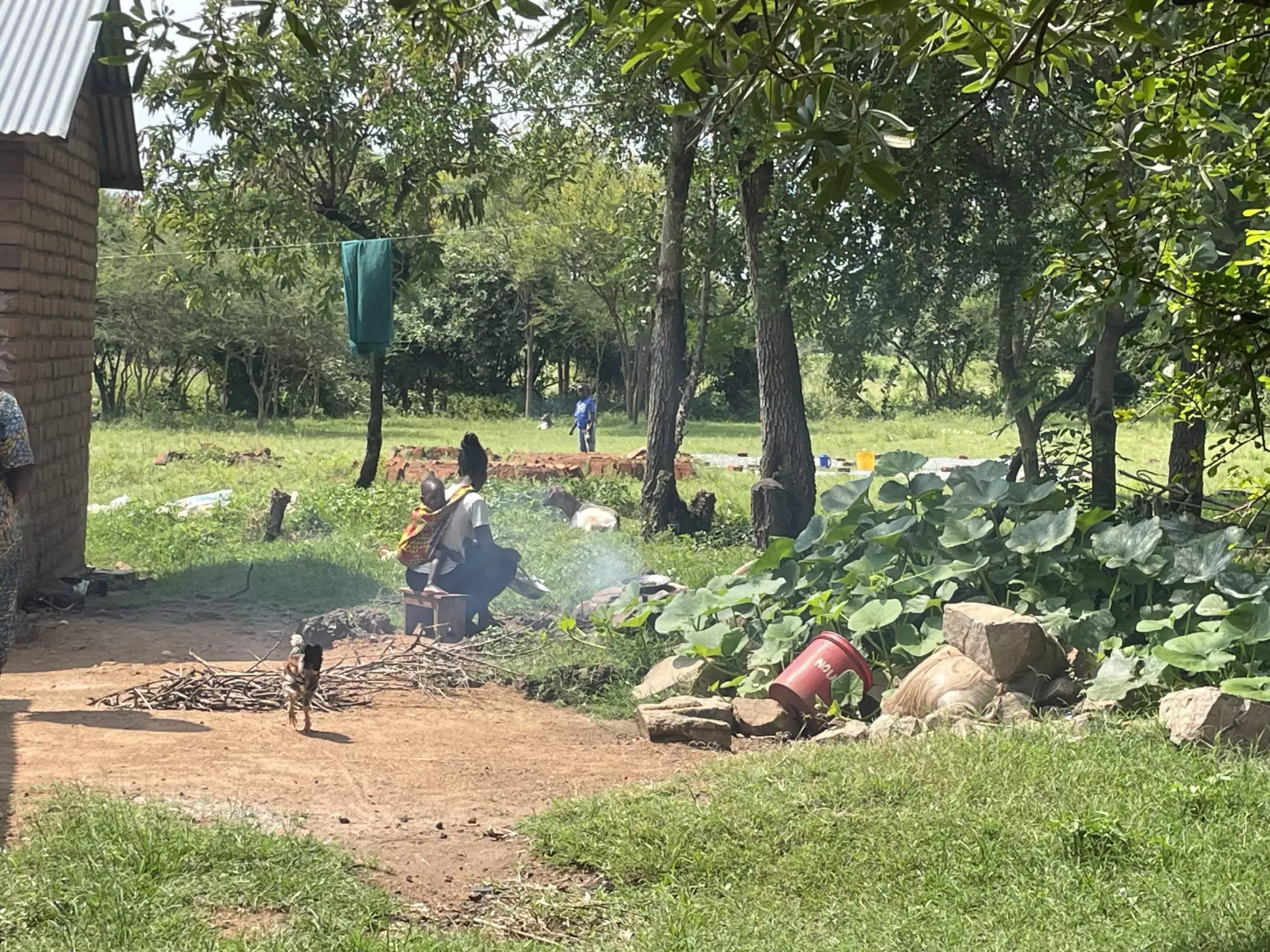Efficient cookstoves in developing countries have become a popular type of offset on the global carbon market, aimed at reducing greenhouse gas emissions. However, a study conducted by researchers from the University of California, Berkeley, reveals that these credits significantly overestimate the carbon savings associated with cookstoves. In fact, the overestimation is found to be as much as a factor of 10. This overcrediting undermines the effectiveness of carbon offset projects in combating climate change and raises concerns about the integrity of the carbon market.
Companies often rely on these offset credits to meet their climate targets and to market their products as “carbon neutral.” However, if the credits overestimate the actual carbon savings, it means that companies are not truly making significant reductions in greenhouse gas emissions. This undermines the credibility of the carbon market and erodes trust in its ability to drive meaningful change. Moreover, this overestimation creates a false sense of progress and hampers efforts to slow down climate change.
The study conducted by UC Berkeley represents the first comprehensive and quantitative quality assessment of any type of offset project. The researchers compared five different methodologies for evaluating the emission reductions of cookstoves, analyzing published studies and conducting their own independent analysis. This rigorous analysis provides a critical examination of cookstove offset projects and highlights the need for substantial improvements.
Clean cooking is now a central focus in national decarbonization strategies, sustainable development goals, and global funding cycles. Integrating the science, human rights, and economics of clean cooking is crucial both for social justice and climate strategies worldwide. With approximately 2.4 billion people relying on smoky solid fuels or kerosene for cooking, the deployment of efficient cookstoves has the potential to save lives and reduce greenhouse gas emissions. However, this potential can only be realized if the carbon savings are accurately estimated.
If the recommendations provided in the UC Berkeley study are adopted, cookstove offset projects could become a rare type of offset that buyers can trust. The study proposes aligning cookstove methodologies with current science and Sustainable Development Goal progress. In particular, buyers are advised to prioritize projects that distribute stoves meeting the World Health Organization’s health standards. The majority of stoves currently on the market fall short of these standards, highlighting the need for improvement.
Overcrediting Issues
The study’s key findings reveal significant overcrediting issues with cookstove offset credits. Based on the project’s sample, cookstoves were found to be overcredited by a factor of 9.2. When extrapolated to all cookstove offset credits from the five methodologies studied, the overcrediting reaches approximately 10.6 times. The overestimation mainly arises from exaggerated estimates of stove adoption and use, underestimates of the continued use of traditional stoves, and high estimates of the impact of fuel collection on forest biomass.
Among the analyzed methodologies, the Gold Standard’s Metered methodology stands out as most aligned with the study’s estimates. It directly monitors fuel use and credits the cleanest stoves, resulting in a relatively modest overvaluation of 1.5 times. Additionally, this methodology has the largest potential for emissions abatement and health benefits. These findings suggest a need to shift focus away from low-quality cookstove solutions and towards clean fuels and stoves that can genuinely support health and climate benefits.
The assessment methods developed and demonstrated in this study offer a comprehensive approach to assess offset quality across all project types on the carbon market. By adopting these methods, offset program developers, program regulators, and credit assessors can improve the integrity of offset credits and prevent over-crediting. Additionally, the study emphasizes the importance of transparent monitoring and low emission profiles in delivering high-quality carbon solutions.
The overestimation of carbon savings in cookstove offset projects is a significant issue that undermines climate targets, trust in the carbon market, and the long-term financing of efficient stoves. The UC Berkeley study provides valuable insights into the shortcomings of current methodologies and offers specific recommendations to align cookstove offset projects with scientific evidence and Sustainable Development Goals. By addressing these overcrediting issues and prioritizing high-quality carbon solutions, we can ensure that cookstove offset projects make a meaningful impact in reducing greenhouse gas emissions and improving public health.


Leave a Reply